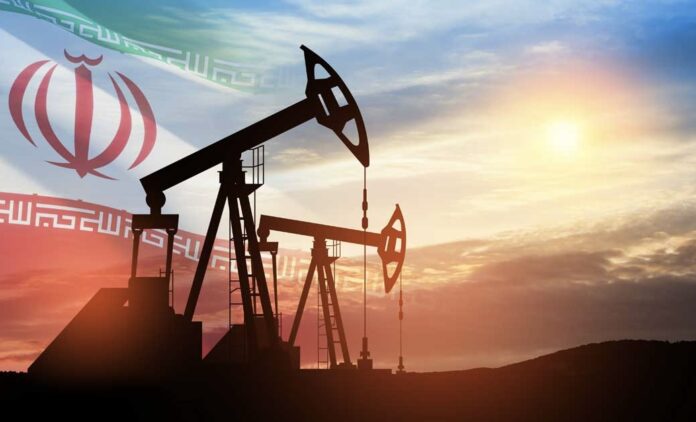By: Staff Writer
June 30, Colombo (LNW): As geopolitical tensions in the Middle East flare up once again—this time triggered by the intensifying conflict between Iran and Israel—global oil markets are facing renewed volatility. Oil prices have already spiked amid fears that the crisis could escalate, especially with reports of the United States considering military action on Iranian nuclear facilities in Fordow. At the heart of these fears lies the potential disruption of the Strait of Hormuz, a strategic chokepoint for the global oil trade.
Roughly 20 million barrels per day of oil and petroleum products—around 20% of the world’s petroleum liquid consumption—pass through the Strait of Hormuz. While Saudi Arabia and the UAE maintain limited alternative pipeline routes, any closure of this strait could severely disrupt global energy supplies, as the majority of regional oil exports—including spare capacity from major producers—must pass through this narrow waterway.
Despite the global uncertainty, Sri Lanka’s government has moved quickly to allay public fears over a possible domestic fuel shortage. Ceylon Petroleum Corporation (CPC) Chairman D. J. Rajakaruna stated on Sunday that the country has already secured sufficient fuel supplies for the next two months, insulating the island nation from any immediate impact of the Middle East crisis.
“We have ordered fuel for two more months without any problems. Those orders have been confirmed,” Rajakaruna said, assuring that there will be no immediate shortage regardless of developments in the conflict. He added, however, that the situation beyond this two-month period remains contingent on the global impact of the ongoing war.
Importantly, the CPC emphasized that most of Sri Lanka’s petrol and diesel supplies are sourced from countries not directly involved in the conflict. The majority of 92-octane petrol shipments come from Malaysia, Singapore, and India, with only one recent shipment sourced from Oman. Diesel, meanwhile, is imported as a finished product and similarly avoids war-affected zones.
Rajakaruna further issued a stern warning against individuals or groups attempting to hoard fuel amidst the current uncertainty. Legal action, he said, will be taken against anyone found accumulating illegal fuel reserves, as such actions only add unnecessary pressure to the domestic market.
In tandem with supply-side assurances, the Sri Lankan government has also taken steps to ensure order at the consumer level. Acting Inspector General of Police Priyantha Weerasuriya has instructed all Senior Deputy Inspector Generals (DIGs) to assign police officers to monitor fuel stations across the country. This follows a formal request from Energy Ministry Secretary Professor Udayanga Hemapala, who expressed concern over rising tensions at filling stations.
Professor Hemapala noted that the public has been explicitly advised not to fill barrels or cans with fuel, a practice that could exacerbate public fears and lead to potential unrest. To mitigate risks, the police have now been directed to provide security at Sri Lanka’s 1,300 fuel stations to maintain stability and enforce regulations.
While Sri Lanka’s immediate fuel needs appear safeguarded, the broader uncertainty in the Middle East presents a looming risk. If the Strait of Hormuz were to be blocked or heavily militarized, even countries like Sri Lanka—who source fuel from outside the Gulf—could face secondary impacts, such as supply chain disruptions and price hikes.
For now, government officials remain confident in the country’s short-term energy security. However, with tensions mounting in one of the world’s most volatile regions, continued vigilance, strategic procurement, and public cooperation will be crucial to weathering any shocks that may emerge from the unfolding Iran-Israel conflict.
